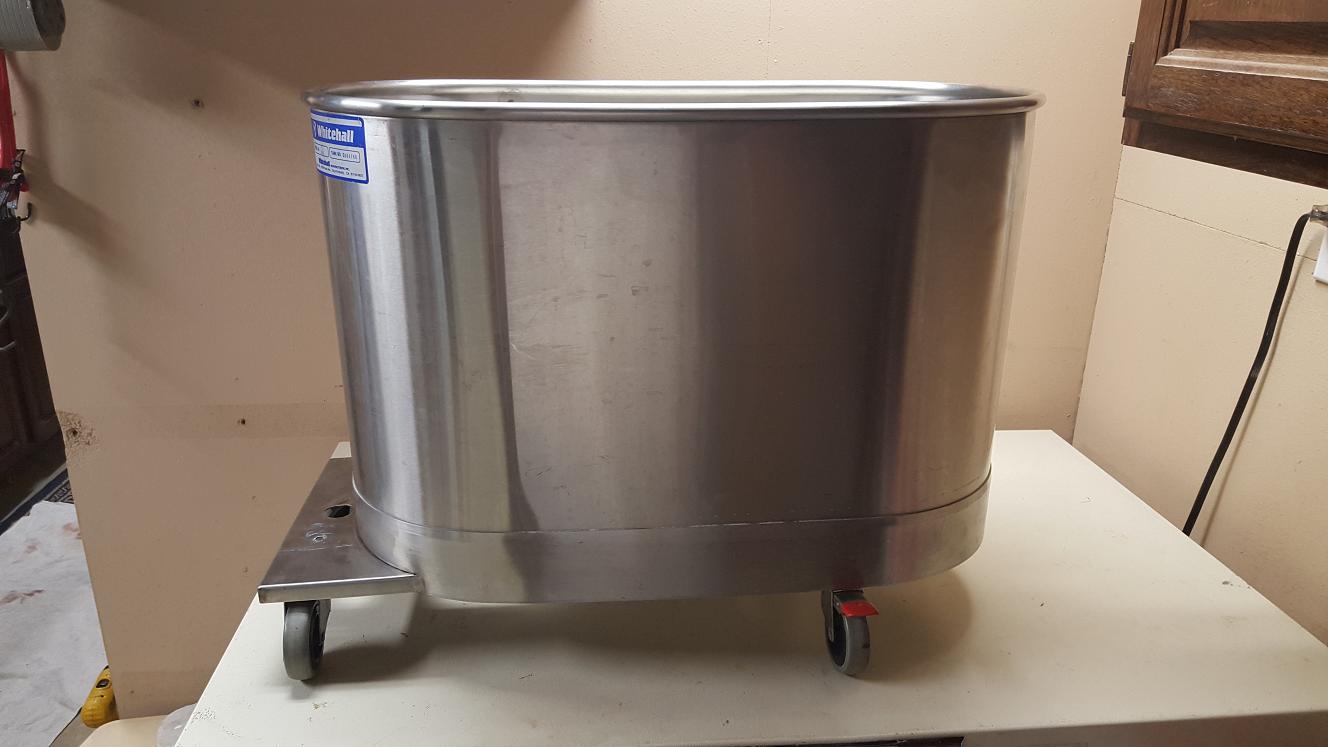Bigarcherynut
Well-Known Member
I'm nearing the completion of my electric BIAB system. I have a thread showing my system and hoping to post new pictures soon. Check it out.
I'm looking to do a Black Butte Porter all grain clone. I did this as a partial thanks to the help of DromJohn this spring and it was great.
I've been reading and still have some questions. I have seen the Priceless BIAB Calculator but with my 20 gallon pot feel I can do most recipes full volume.
Here are some questions I have:
1. How do I calculate starting water volume if I don't plan on sparging? Is there a specific calculator on here for full volume?
2. Is there a formula for figuring efficiency?
3. Most boil times are 60 or 90 minutes. If I'm doing a 5.5 gallon batch do I continue to boil till my final level is at 5.5 gallons? A little confused on this.
4. Are all mash out temps 170 degrees and always for 10 minutes.
I have read a lot of the BIAB sticky and if I search could find the answers to my questions but seem to struggle finding them.
Any other input is greatly appreciated.
Thanks for your help and excited to try out the new system.
I'm looking to do a Black Butte Porter all grain clone. I did this as a partial thanks to the help of DromJohn this spring and it was great.
I've been reading and still have some questions. I have seen the Priceless BIAB Calculator but with my 20 gallon pot feel I can do most recipes full volume.
Here are some questions I have:
1. How do I calculate starting water volume if I don't plan on sparging? Is there a specific calculator on here for full volume?
2. Is there a formula for figuring efficiency?
3. Most boil times are 60 or 90 minutes. If I'm doing a 5.5 gallon batch do I continue to boil till my final level is at 5.5 gallons? A little confused on this.
4. Are all mash out temps 170 degrees and always for 10 minutes.
I have read a lot of the BIAB sticky and if I search could find the answers to my questions but seem to struggle finding them.
Any other input is greatly appreciated.
Thanks for your help and excited to try out the new system.






































![Craft A Brew - Safale S-04 Dry Yeast - Fermentis - English Ale Dry Yeast - For English and American Ales and Hard Apple Ciders - Ingredients for Home Brewing - Beer Making Supplies - [1 Pack]](https://m.media-amazon.com/images/I/41fVGNh6JfL._SL500_.jpg)






















